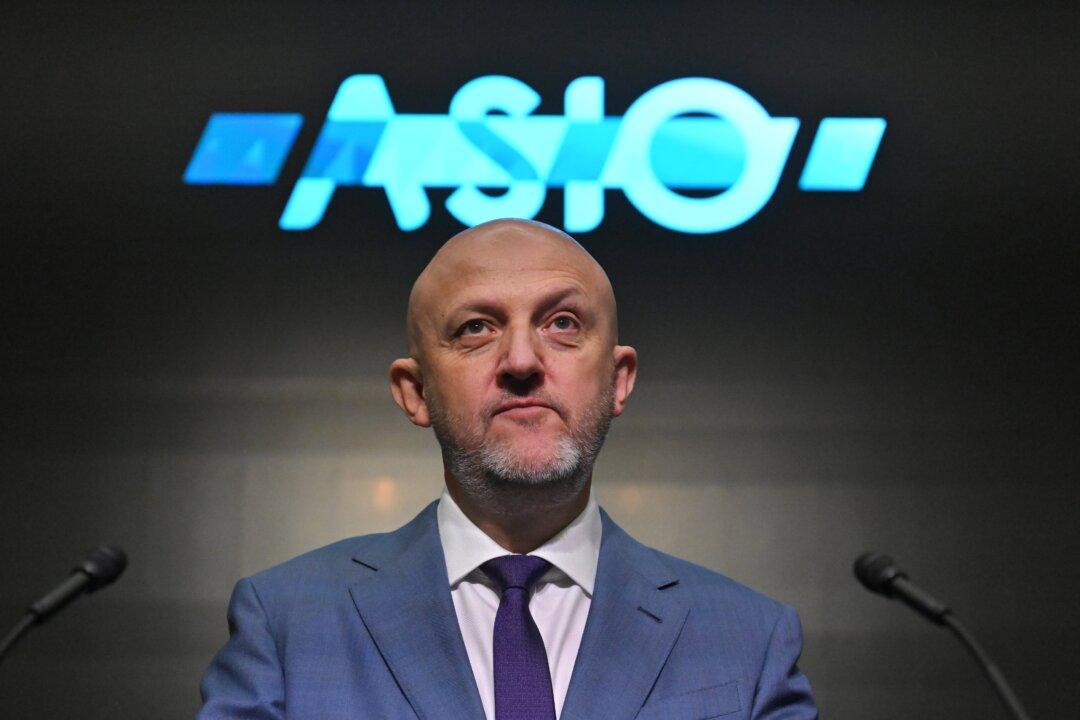The centre-left Labor government has removed the bosses of Australia’s domestic and foreign spy agencies from their permanent roles in the National Security Committee (NSC), a decision that could impact the effectiveness of the country’s intelligence services.
Mike Burgess, director-general of the Australian Security Intelligence Organisation (ASIO) since 2019, had consistently raised alarm bells about the threat of foreign interference and espionage.




